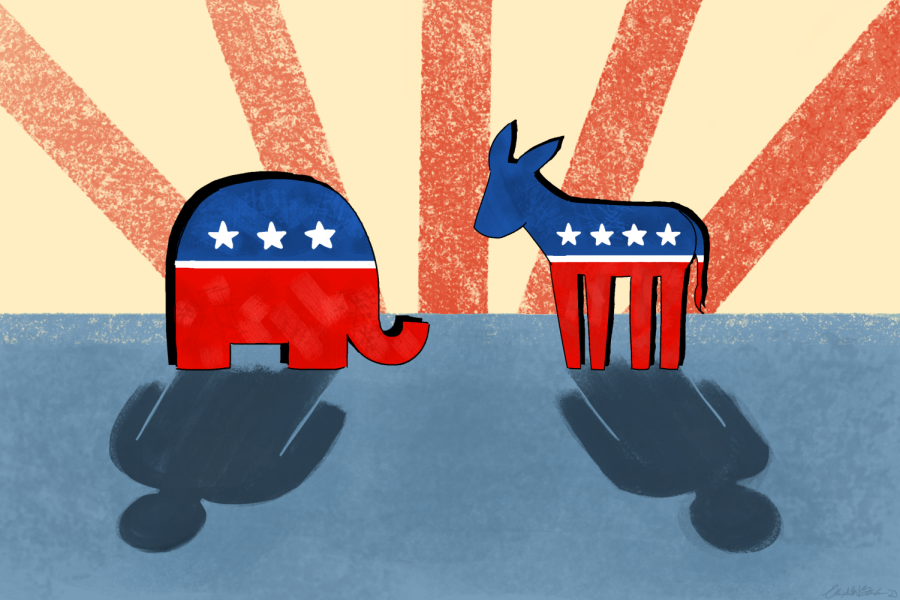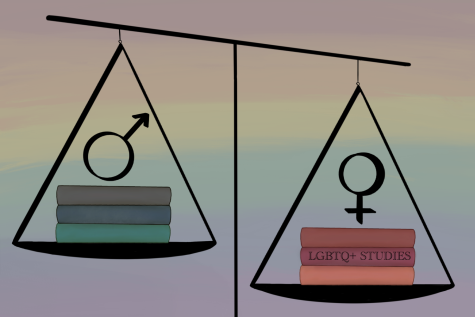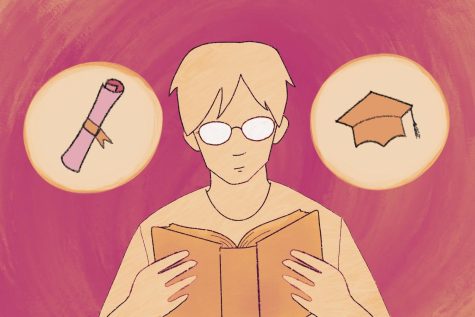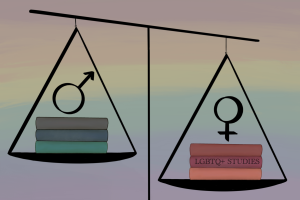There’s a human side to politics
April 2, 2023
We the people of the United States, in order to form a more perfect union, place much responsibility upon our governing bodies.
Often, our conceptions of political institutions are skewed. The reality is, the media and online discourse portray our governing bodies in polarizing ways. The political environment and perception towards the general public is dynamic and unpredictable.
How we view politicians, their staff and the governing process is consequential for the future of democratic governance, politics and campus engagement. The question then becomes, with the ongoing scrutiny and contrary perception of our government, where’s the human side to politics?
Our perception of bodies of government is crucial to our collective futures. Some believe in a larger public sector, while others advocate for the private. Some defend welfare, while others oppose social assistance. Our perspectives on the effectiveness of politicians make all the difference when engaging with politics.
“As a general concept, we focus on the big picture, and (in) America, we focus on what the federal government is doing. So generally a layperson … is not seeking out the knowledge of what the city council is doing. But that’s the people who are affected the most,” said government freshman Trey Robertson.
There are conflicting viewpoints on politicians and genuineness. Many view elected officials as power-seekers, dishonest and ineffective. Policies and law-making are meant to solve problems, but they can and have become corrupt. Certain institutions inherently limit the working class in running for office, while current officials are influenced and motivated by large corporations.
Behind the shrewd controversy, there are honest and effective politicians — those who truly believe in working for the people and view public service as a noble calling. The insight and humanness of what goes on within political institutions are diverse.
Major media outlets attract partisanship. The media environment, including broadcast and written, influences our perceptions. For instance, as students began voting in the Peter T. Flawn Academic Center (FAC), the Austin-American Statesman and the Texas Tribune covered the mayoral and city council elections extensively. We also rely on these outlets for keeping in the loop with the actions of elected officials.
“I think that as a democratic system and part obviously, we are electing who we are electing officials. (Politicians) should be doing it in an honest manner, in order for people to be more informed in the next voting cycle,” said social work freshman Isabella Fanucci-Dison. “I do believe that journalism has a very important role in uncovering (the truth).”
We, as students and as members of society, expect no less than ethical laws, a sense of accountability and continuous prevention against corrupt governance.
A number of officials have well-intentions to serve their constituencies. It just so happens that we tend to focus on the most polarizing and prominent headlines. Consequently, a majority of law-making, policy and community interface lies within the staff. Hopefully, an abundance considers public service as sacred and essential.
Beyond partisan flirting battlegrounds and sensationalist headlines, there’s a human side to politics.
Wan is a civil engineering and Plan II freshman from Houston, Texas.












